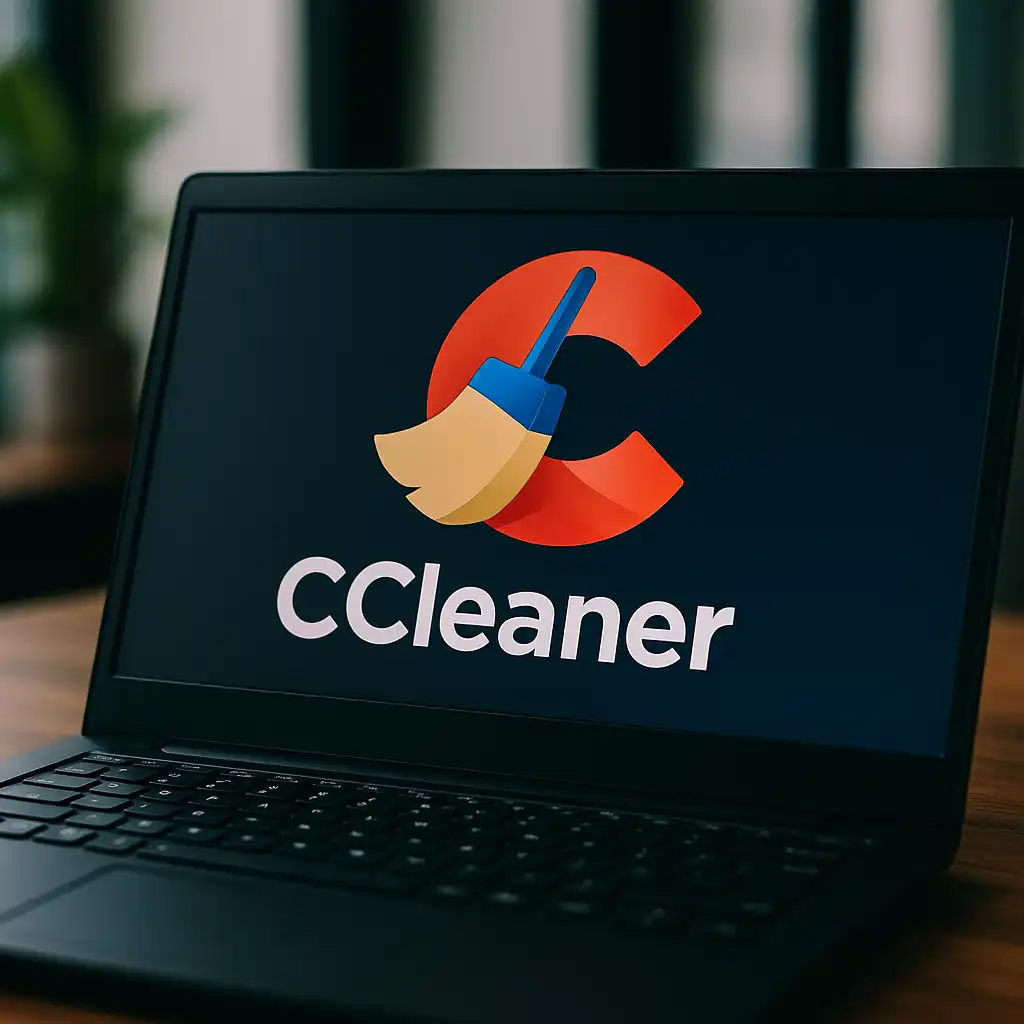What is the Best Email Server for Small Business? Discover the Top Solutions for Reliable Communication
Disclosure: This post contains affiliate links. LaptopVoyager.com participates in the Amazon Associates Program and may earn commissions on qualifying purchases, at no extra cost to you.
Choosing the best email server for small business is crucial for maintaining professional communication, ensuring email deliverability, and managing customer relationships. Whether you’re sending newsletters, client updates, or transactional emails, the right email server can improve efficiency and keep your business running smoothly.
In this guide, we’ll explore what makes a great email server, and why SMTP2GO is a powerful solution for small businesses.
Key Features to Look for in an Email Server for Small Business
Reliable Email Delivery
A top-tier email server ensures your messages consistently reach inboxes, avoiding spam filters and blacklists. Look for servers with IP warming, DKIM, and SPF records to improve deliverability rates.
Scalability and Performance
Your email needs may grow with your business. The ideal email server should handle increasing email volumes without delays or downtime.
Security and Compliance
For businesses handling sensitive data, features like encryption, two-factor authentication, and GDPR compliance are crucial.
Analytics and Reporting
A good email server provides detailed insights, including open rates, click-through rates, and bounce rates to help you optimize campaigns.
Easy Integration
Ensure the server integrates with tools you already use, like Outlook, Gmail, or your preferred CRM platform.
SMTP2GO Review
SMTP2GO is a powerful and user-friendly email server designed for small businesses. Whether you’re sending bulk marketing emails or important transactional messages, SMTP2GO offers reliable performance with minimal setup.
Key Features of SMTP2GO
- High Deliverability Rates: SMTP2GO’s optimized servers ensure emails avoid spam folders and reach inboxes successfully.
- Real-Time Analytics: Track opens, clicks, bounces, and other key metrics to improve your email campaigns.
- Easy Integration: SMTP2GO integrates smoothly with popular platforms like Mailchimp, Outlook, and Zoho Mail.
- Global Server Network: With strategically placed servers worldwide, your emails are sent through the most efficient routes for faster delivery.
- 24/7 Support: SMTP2GO offers round-the-clock support to help businesses resolve technical issues quickly.
Why Choose SMTP2GO for Your Small Business?
Affordable Pricing
SMTP2GO offers flexible pricing plans for small businesses of all sizes, ensuring you pay only for what you need.
Simple Setup
Even with limited technical knowledge, small businesses can configure SMTP2GO easily using their comprehensive guides and tutorials.
Excellent Uptime
SMTP2GO boasts impressive uptime reliability, ensuring your email communication never gets interrupted.
Conclusion
When choosing the best email server for your small business, prioritize reliable delivery, security, and scalability. SMTP2GO excels in all these areas, making it an excellent solution for businesses seeking an easy-to-use yet powerful platform for managing email campaigns, customer communication, and transactional messages.
Investing in a trusted email server like SMTP2GO can enhance your business’s communication strategy, ensuring your emails land where they’re meant to — in your customers’ inboxes.




